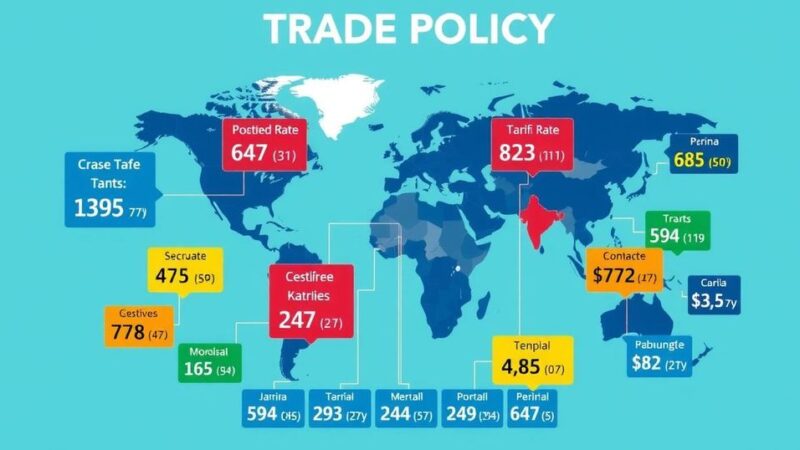The Financial Reporting Council of Nigeria’s new regulatory fees disproportionately burden smaller businesses, threatening their sustainability amid an already challenging economic environment. This policy conflicts with governmental commitments to improve the ease of doing business and may stifle investment instead of attracting it. Calls for suspension and review of the new fees reflect a consensus that supports business growth and stability.
The Nigerian business community is currently facing significant challenges, aggravated by escalating operational costs and a complex taxation system. Recently, the Financial Reporting Council of Nigeria has introduced another strain on private enterprises through the Financial Reporting Council Amendment Act 2023, which has drastically increased regulatory fees based on company turnover. While listed firms face a cap of N25 million for dues, smaller businesses, already burdened by high energy costs, will encounter fees ranging from N1 million to several hundreds of millions.
This regulatory adjustment is perceived as inequitable, primarily affecting smaller businesses while providing relief to larger corporations. Furthermore, the additional financial strain on these businesses threatens to undermine productivity and economic stability. Taiwo Oyedele, chairman of the Presidential Tax Reforms Committee, highlighted the issue of over 200 unofficial taxes in Nigeria, exacerbating the burden on businesses.
The repercussions of this policy are severe. Recent statistics from the Manufacturers Association of Nigeria indicate that around 767 manufacturing firms ceased operations and 335 faced distress in 2023. The inventory of unsold goods in the manufacturing sector has significantly escalated, evidencing the tough operational climate. Notably, Segun Ajayi-Kadir, Director-General of the Manufacturers Association of Nigeria, expressed concerns about the closure of 60 percent of manufacturing entities in the North-East.
The Financial Reporting Council of Nigeria, which is tasked with advancing accounting and auditing standards rather than generating revenue, raises questions about the rationale behind imposing excessive fees. Adewale Smatt-Oyerinde, Director-General of the Nigeria Employers’ Consultative Association, emphasized that this policy contradicts the government’s objectives aimed at improving the business landscape.
Trade minister Jumoke Oduwole mentioned efforts to attract $50 billion in foreign investment. However, such initiatives could be jeopardized by regressive fiscal policies. Stability, predictability, and fairness are essential for attracting investors, and the imposition of arbitrary levies can damage Nigeria’s competitive standing internationally.
This situation reflects a broader negative trend that penalizes businesses for operational risks in Nigeria. The Federal Government should prioritize sustainability over revenue collection, as thriving businesses contribute to job creation and enhance tax revenues. Therefore, a suspension of the new levy structure is urged until a comprehensive review occurs, including necessary amendments to prevent future regulatory misconduct.
The Tinubu administration is challenged to reconcile its pro-business stance with practical policy adjustments. Policies that support rather than obstruct entrepreneurship, such as tax incentives and tariff reductions on essential industrial inputs, would better stimulate economic activities than the imposition of arbitrary levies.
In conclusion, the recent increases in regulatory fees imposed by the Financial Reporting Council of Nigeria present a significant challenge to the business community, particularly for smaller firms. This policy not only represents a disproportionate burden on struggling enterprises but also undermines the Federal Government’s objectives regarding the ease of doing business. To foster a conducive environment for businesses, there is a pressing need to reconsider these levies and implement supportive measures that encourage growth and stability within the economic landscape.
Original Source: punchng.com






